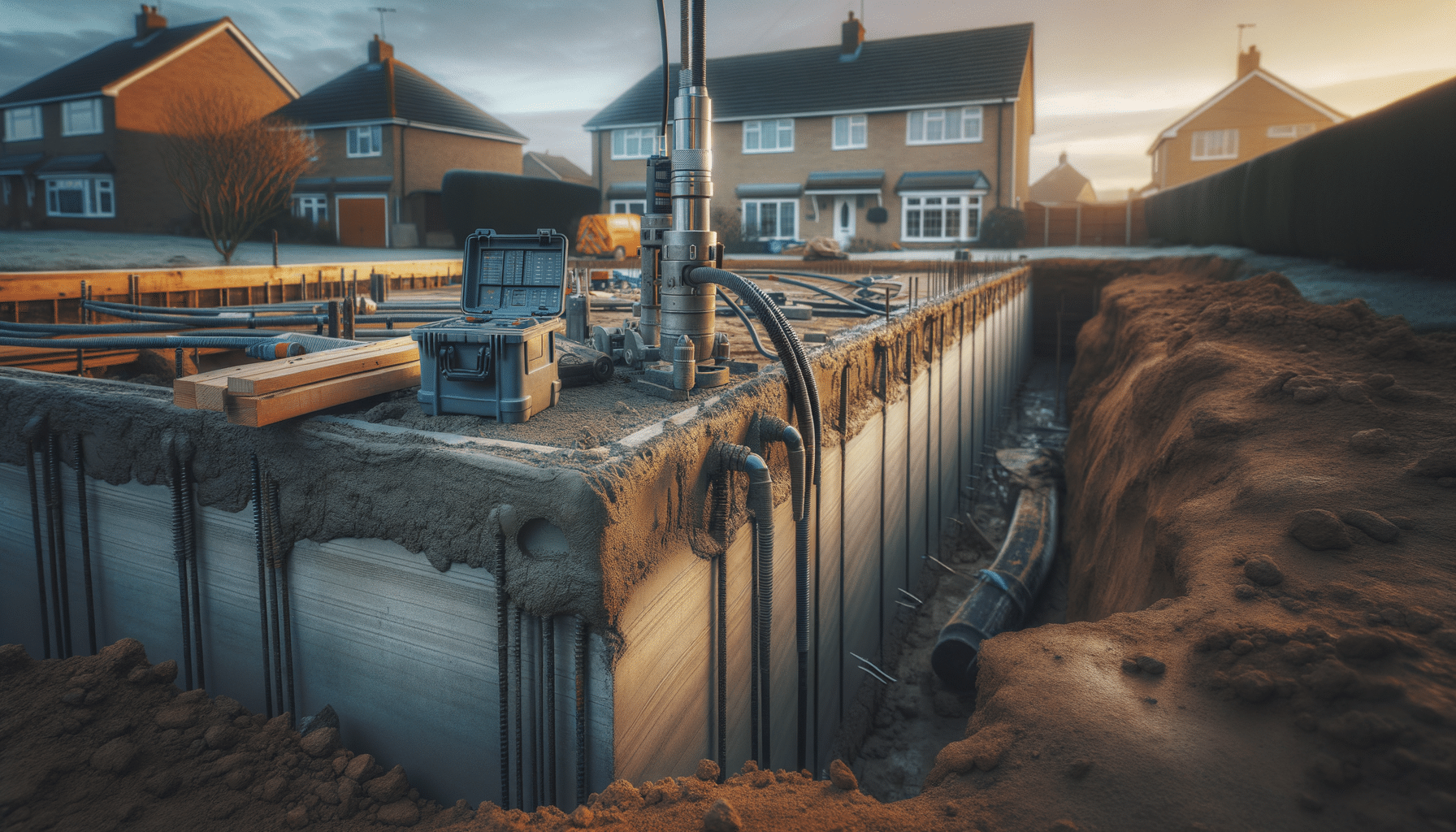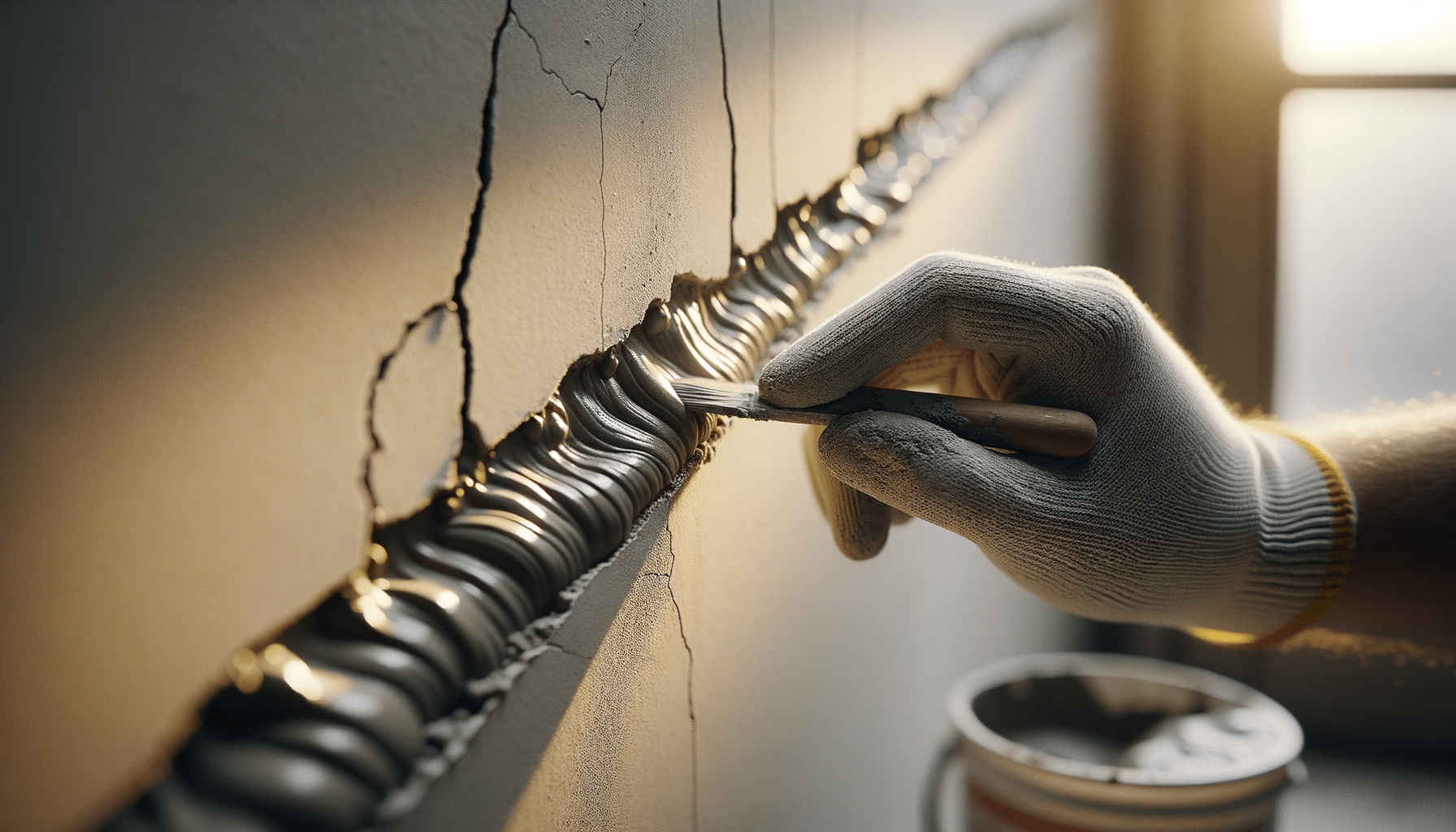
Discover More About Bug Control
Introduction to Bug Control
In our daily lives, bugs are often seen as unwelcome guests. Whether it’s the ants invading your kitchen or mosquitoes buzzing around during a summer evening, effective bug control is essential for maintaining a comfortable and healthy living environment. Understanding the importance of bug control not only helps in creating a safer home but also contributes to the ecological balance. This article delves into various aspects of bug control, offering insights into strategies and methods that can be employed to keep these pesky intruders at bay.
Understanding Common Household Pests
Household pests can vary widely depending on geographic location, climate, and even the season. Common culprits include ants, cockroaches, termites, and mosquitoes. Each of these pests presents unique challenges and requires specific strategies for control. For instance, ants often enter homes in search of food and water, and their colonies can grow rapidly if not addressed promptly. Cockroaches, on the other hand, are known for their resilience and ability to thrive in various environments, making them particularly challenging to eradicate.
Termites are infamous for their destructive capabilities, often causing significant damage to wooden structures. Early detection and intervention are crucial to prevent costly repairs. Mosquitoes, beyond being a nuisance, pose health risks as carriers of diseases such as malaria and dengue fever. Understanding the behaviors and habitats of these pests is the first step in developing effective control measures.
Natural Bug Control Methods
For those looking to minimize chemical use in their homes, natural bug control methods offer an appealing alternative. These methods utilize natural ingredients and practices to deter or eliminate pests. One popular approach is the use of essential oils, such as peppermint or eucalyptus, which are known for their bug-repellent properties. These oils can be used in diffusers or mixed with water to create a spray solution.
Another effective natural method is maintaining cleanliness and reducing clutter, which eliminates potential hiding spots for pests. Regularly sealing food containers and promptly cleaning up spills can deter ants and cockroaches. Additionally, introducing natural predators into your garden, like ladybugs for aphid control, can help maintain a balanced ecosystem without resorting to harsh chemicals.
Technological Advances in Bug Control
Advancements in technology have revolutionized the field of bug control, offering more efficient and environmentally friendly options. Ultrasonic pest repellers, for example, emit high-frequency sound waves that are inaudible to humans but disturb pests, driving them away. These devices are particularly popular for indoor use as they offer a non-toxic and maintenance-free solution.
Smart traps and sensors are another technological innovation, providing real-time data on pest activity. These devices can alert homeowners to the presence of pests, enabling timely intervention. Additionally, advancements in pest control products have led to the development of targeted baits and traps that minimize environmental impact while effectively reducing pest populations.
Professional Pest Control Services
While DIY methods can be effective for minor pest issues, professional pest control services are often necessary for more severe infestations. These services offer comprehensive solutions, employing trained technicians who can accurately identify pest species and tailor treatments accordingly. Professionals use a combination of chemical and non-chemical methods to ensure effective control while prioritizing safety.
Hiring a professional service also provides peace of mind, as they often offer follow-up visits and guarantees to ensure the problem is fully resolved. When selecting a pest control company, it’s important to consider factors such as certification, reputation, and the methods they employ. This ensures that the service is both effective and environmentally responsible.


